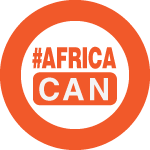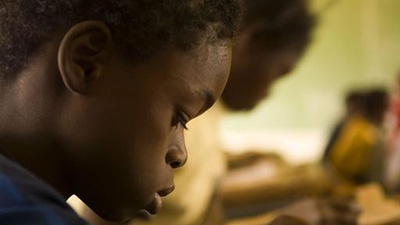Country Overview
Located off the southeast coast of Africa, neighboring the French island of La Reunion, Mauritius is an island state of 1.2 million inhabitants spanning 1,865 square kilometers. Mauritius possesses an immense maritime territory of over 1 million square kilometers. The country’s political and economic situation has been stable since its independence in 1968. However, environmental circumstances place the country at great risk to climate change and rising water levels.
Economic Overview
Mauritius’ economic growth is projected to increase modestly to 3.8% in 2016, driven mainly by a recovery in investment activity. Much depends, however, on the extent to which public investment picks up in accordance with the 1.2% of gross domestic product (GDP) lift in public capital expenditures targeted in the FY2016/17 budget.
The country’s current account deficit is expected to remain smaller than in recent years, as is consistent with some persistent slack in Mauritius’ economy, coupled with strong tourism earnings and favorable global energy prices. A more pronounced pick-up in investment would stimulate import demand, but significant foreign investor participation in projects should help supply foreign currency financing in this case. Inflation is projected to remain contained at about 3% in 2016 in the absence of imported price shocks.
Moderate economic growth is expected to cut poverty, but challenges associated with ongoing structural transformation will continue to pressure inequality higher. The international poverty rate based on the $3.1 a day poverty line (in PPP 2011) is projected to fall by 1.3 percentage points between 2012 and 2018. Unemployment is expected to remain at around 8%.
Political Context
Mauritius is a stable, multiparty parliamentary democracy, and shifting coalitions are a feature of politics in the country. The president is the head of state and the prime minister has full executive powers and heads the government. The legislative elections held in December 2014 were won by the Alliance Lepep, a coalition comprising the Militant Socialist Movement (MSM), the Mauritian Social Democrat Party (PMSD) and the Liberation Movement. The coalition secured a comfortable parliamentary majority (now 53 out of 69 seats) with the MSM founder, Sir Anerood Jugnauth, becoming prime minister.
The 86-year-old Sir Anerood Jugnauth has held the function of prime minister for more than 16 years (spanning multiple non-consecutive terms) since his first appointment in 1982. He has announced recently that he will resign from office before the next general election, which is due in late 2019 or early 2020. Under the constitution, the leader of the party commanding a majority in the National Assembly becomes prime minister if the incumbent steps down. Currently this is Sir Anerood's son, Pravind Jugnauth, who is the finance minister and heads the Mouvement socialiste militant (MSM), which holds 33 out of 69 seats in parliament and leads the three-party ruling coalition, Alliance Lepep. The constitution also allows for the National Assembly to be dissolved, leading to a snap election in the event that the president cannot find someone that commands a parliamentary majority.
Development Challenges
Reducing inequality and boosting shared prosperity will require more growth and a more pro-poor pattern of growth. Structural labor market weaknesses are a key ongoing concern. The low employment rate, despite targeted government employment programs, reveals a disconnect between the quantity and composition of labor demand in high-growth sectors, and labor supply. Skills mismatches can be traced to education and training challenges in the context of rapid structural economic change, as net demand for labor drops in traditionally lower-skilled labor-absorbing sectors, especially sugar and textiles.
Resolving gender disparities will be critical to improving the functioning of the labor market, and hence inclusive economic growth, as the gender wage gap is stubbornly large and the female participation rate is strikingly low (both roughly 50%). Beyond the labor market, a wider reform effort could drive stronger growth and alleviate fiscal constraints. In the fiscal sector, public spending efficiency could be enhanced by reducing subsidies and improving the targeting of social assistance programs. Improvements in the quality of public services and a renewed regulatory reform effort would lower business costs and consolidate Mauritius’ reputation as a leader in this area, and support its strategy of being a regional trade and services hub.
Last Updated: Oct 04, 2016






